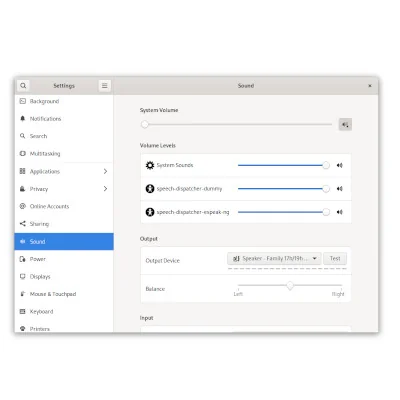FFmpeg Now Supports GPU Inference With Intel's OpenVINO

The support added back in July for FFmpeg with OpenVINO is opt-in under the --enable-libopenvino build switch and requires first building OpenVINO with its C API enabled. This Intel inference engine supports TensorFlow, Caffe, ONNX, MXNet, and more that can be converted into OpenVINO format.
What's new this past week is the code landing with the OpenVINO DNN back-end in FFmpeg to support inference on Intel GPUs.
Details on setting up FFmpeg with the OpenVINO GPU inference support can be found via this commit. The default behavior for now with FFmpeg OpenVINO support is CPU-based inference.
2 Comments

